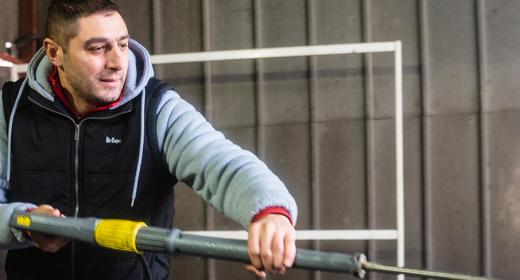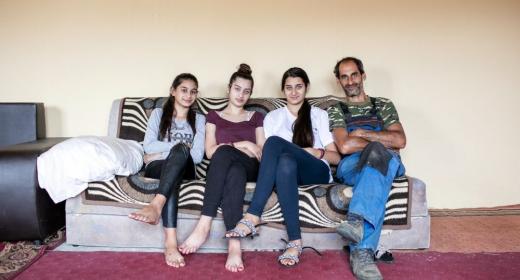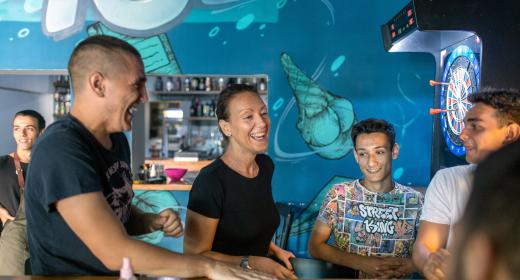Start-ups face a lot of hurdles. Preparing a business plan, doing marketing or communicating with business partners and customers is often a challenge. Support with these issues is available to young companies in Serbia. The German Information Centre on Migration, Training and Employment (DIMAK) and its partner organisations offer support to start-ups.
Making start-ups fit for the future
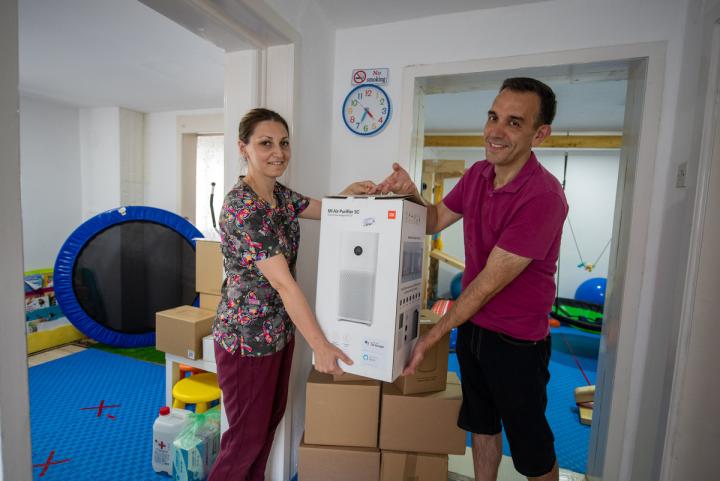
Making start-ups fit for the future
Empowering small and micro businesses
The DIMAK assists new small and micro businesses that have been set up by returnees, potential migrants and other groups at risk of poverty. These people have been severely affected by the difficult economic situation in Serbia and by the COVID-19 pandemic.
The start-ups that are assisted are involved in sectors like agriculture, crafts or services. Around 60 small and micro businesses have been selected to take part in the programme since it started in early 2021. Of these, 45 businesses have already successfully completed the programme. DIMAK’s partner “Help”, a non-governmental organisation, previously assisted these start-ups in setting up their businesses. “Help” offers socio-economic assistance to people from marginalised groups and promotes micro businesses and start-ups.
The COVID-19 pandemic and the difficult economic situation for small and micro businesses in Serbia was also challenging for many start-ups. Before the training course, most entrepreneurs were struggling to run their businesses and keep things going. DIMAK therefore gave a “COVID pack” to participants attending the programme in summer 2021 to ensure that they could continue their activities despite the pandemic. This pack contained air filters, disinfectant and protective equipment among other things.
Customised advice
The programme includes five modules, in which participants develop their knowledge of how to run a business. It covers entrepreneurship, e-business, marketing, business communication and culture as well as innovation.
The participants are also given individual advice from mentors, meaning that they can develop new business ideas together. “My team and I grasp every opportunity to learn new skills”, says Physiotherapist Milan, one of the participants. Working with his mentor has helped him to better assess how he is currently positioned in the market and how to improve his marketing.
“The main aim of this initiative was to provide customised advice, which meant that our support was valuable in different ways depending on the type of business”, says Valentina Djureta, a project manager at DIMAK. DIMAK works with experienced service providers to ensure that their advice and mentoring are individually customised to suit each entrepreneur. The consultation takes place live on site or online, and both group and individual counselling is on offer.
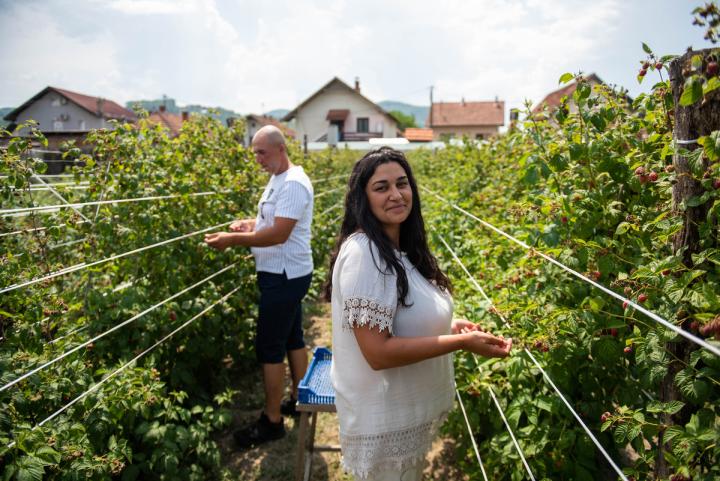
Fit for the future
The case stories of some of the participants reveal the impact that this assistance has had. Milica, one of the participants, completed a business development training course, for example. She runs an agricultural business and sells raspberries. She would like to expand her business, and plans to attend a bookkeeping course organised by DIMAK.
Mentoring in business development showed child physiotherapist Jelena what she could do to improve the work in her practice. In future, she wants to mainly concentrate on therapies for children with autism.
Assistance from DIMAK and “Help” enabled participant Jasmina to make positive changes to the fruit-growing farm that she runs together with her husband. They bought new machines that make their work easier. Her husband also took on jobs from other farmers to bring in additional income. Jasmina hopes that an IT training course offered by DIMAK will make it easier for her to find another job outside the business.
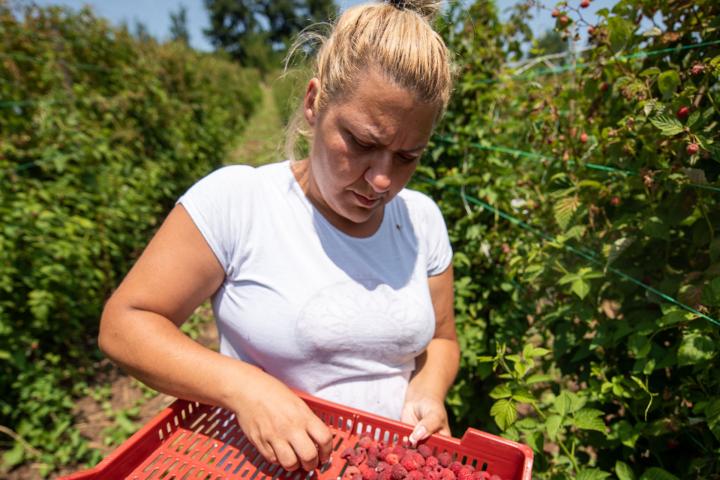
“The participants received a ‘business plan’ at the end of the project, in other words recommendations that directly relate to their business”, explains DIMAK project manager Valentina Djureta. “It contained details on how they can move forward and overcome business challenges in the future. It also includes how they can apply for assistance, how to organise themselves in clusters, how to improve their marketing plans and how to reach out to new customers”, she adds.
The project is particularly distinguished by its target group: “It mostly deals with small and micro businesses. The assistance they get is very valuable, since these businesses often don’t have the opportunity to receive personalised advice and offers that are specifically customised to their needs”, says Valentina Djureta.
Stand: 12/2021

